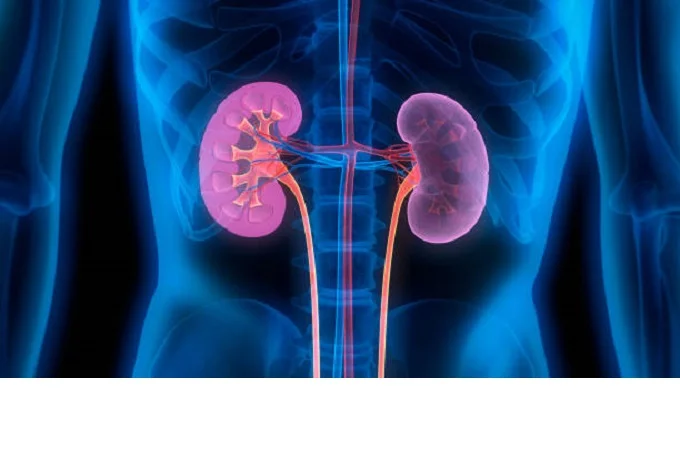9 signs your kidneys aren’t working properly

Some symptoms may indicate the development of various diseases (for example, high fever). These conditions of the body indicate the probable pathology of the kidneys, which is essential to pay attention to passing the examination in time and diagnosing the problem.
Many kidney diseases do not have obvious symptoms, so they are detected late and can become chronic. How to recognize early kidney disease? We offer a list of non-obvious symptoms that indicate the initial stage of the disease.
Kidney dysfunction symptoms
Itching and dry skin
The functions of the kidneys are to remove harmful substances, participate in the hematopoiesis process and maintain mineral balance. Dry skin, itching, excessive pigmentation, rashes, and slight jaundice indicate renal dysfunction.
Such symptoms are caused by excess phosphorus, which is not excreted from the body, or intoxication by metabolic products.
Chills
Fatigue, shortness of breath, sleep disturbance, chilliness are typical symptoms of anemia. Kidney disease leads to the fact that they do not produce enough of the hormone erythropoietin. It activates the production of red blood cells in the bone marrow. Chronic anemia can be a warning sign that kidney function is impaired.
Strong odor from the mouth
Bad breath is a symptom of a wide variety of diseases—for example, urinary tract infections. Weakened kidney function leads to the accumulation of waste products in the body, penetrating the digestive tract and giving a metallic taste in the mouth and an ammoniacal odor when breathing.
Edema
Edema – appears with an excess of water in the intercellular space. The primary zones of edema are the feet, face; later, they spread throughout the body. A characteristic feature of renal edema is pitting. When you press on the swollen area, a fossa remains, which passes after 3-5 seconds. Concomitant signs of edema in kidney disease are neurological symptoms (drowsiness, migraine, pain in bones and muscles).
Tachycardia
If the kidneys are not working well enough, potassium is not excreted from the body properly. An excess of this mineral negatively affects the state of the cardiovascular system. There is a violation of heart rhythms.
High fever and lower back pain
Excruciating low back pain, accompanied by a high fever, frequent urge to urinate – these are signs of a kidney infection. Due to the special structure of the genitourinary system, women are especially at risk of developing such an infection.
Muscle cramps
Chronic muscle cramps can cause electrolyte imbalances in the body. The minerals magnesium and potassium are essential for normal muscle function, and abnormalities can lead to cramps. In painful spasms, excess fluid is also “to blame”: with swelling, it presses on the nerve endings of the muscles and causes painful sensations.
High pressure
High blood pressure negatively affects the kidneys – because of it, blood vessels are damaged, and there is a risk of developing kidney failure. If the intensity of blood flow is higher than normal, the vessels stretch, weaken, which makes it difficult to remove waste from the body. Too much fluid raises blood pressure and complicates things further.
Panic attacks
The frequent occurrence of panic symptoms (heart palpitations, sweating, pressure drops) can signal the development of an adrenal tumor – pheochromocytoma.




